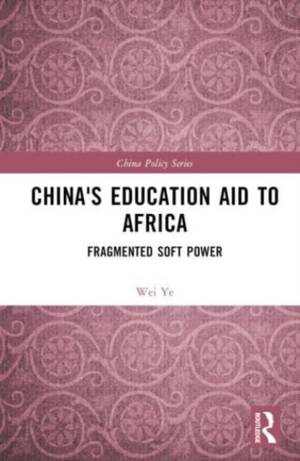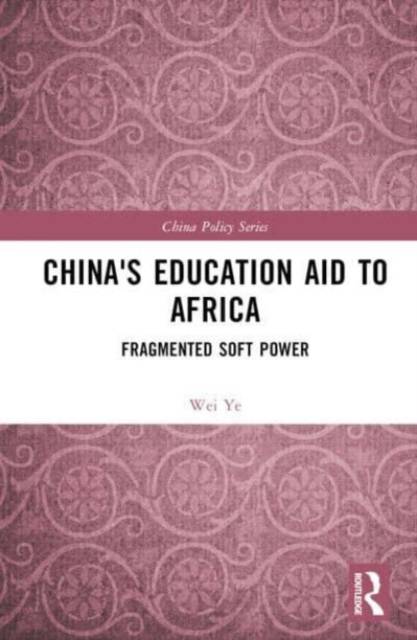
- Retrait gratuit dans votre magasin Club
- 7.000.000 titres dans notre catalogue
- Payer en toute sécurité
- Toujours un magasin près de chez vous
- Retrait gratuit dans votre magasin Club
- 7.000.0000 titres dans notre catalogue
- Payer en toute sécurité
- Toujours un magasin près de chez vous
Description
China's rise as an aid provider in Africa has caught global attention, with China's activity being viewed as the projection of soft power of a neo-colonialist kind in an international relations context. This book, which focuses on China's education aid--government scholarships, training, Confucius Institutes, dispatched teachers, etc., reveals a much more complicated picture. It outlines how the divide between the Chinese Ministry of Commerce and the Ministry of Education hinders China's soft power projection, how much of China's aid is bound up with an education-for-economic-growth outlook, mirroring China's own recent experiences of economic development, and how China's aid--prioritized to reflect the commercial sector's interests--is out of step with most international development aid, which is dominated by education agendas and the campaigns of international organizations and traditional donors; this leaves China easily exposed to the charge of neo-colonialism. This situation also reveals insufficient knowledge production of China and in South-South Cooperation. Substantial production of Southern knowledge should recognize the international development cooperation architecture as an open system by which both traditional donors and Southern countries transform.
Spécifications
Parties prenantes
- Auteur(s) :
- Editeur:
Contenu
- Nombre de pages :
- 214
- Langue:
- Anglais
- Collection :
Caractéristiques
- EAN:
- 9781032422558
- Date de parution :
- 31-05-23
- Format:
- Livre relié
- Format numérique:
- Genaaid
- Dimensions :
- 156 mm x 234 mm
- Poids :
- 498 g

Les avis
Nous publions uniquement les avis qui respectent les conditions requises. Consultez nos conditions pour les avis.






